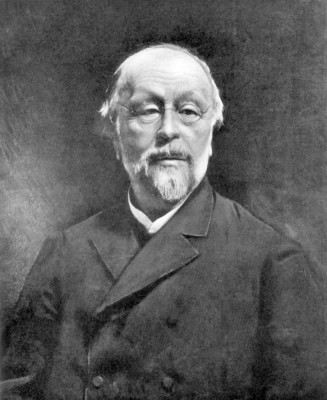Welcome to the world of Hippolyte Taine, a prominent French philosopher, historian, and critic who left a significant imprint on the intellectual landscape of the 19th century. Born in Vouziers, France, on April 21, 1828, Taine grew up in a prosperous family deeply invested in education and the arts. His father, a lawyer, died when Taine was just 13, a loss that marked his early life and set him on a path of rigorous academic pursuit.
Taine’s journey in education began in earnest when he moved to Paris to attend the College Bourbon, now known as Lycée Condorcet. Excelling in his studies, he went on to earn two Baccalauréat degrees in Science and Philosophy. His academic prowess gained him entry into the prestigious École Normale Supérieure in 1848, alongside notable contemporaries such as Francisque Sarcey and Edmond About.
Despite his brilliance, Taine faced challenges in his academic career. His unorthodox views, particularly his embrace of positivism and the philosophy of Baruch Spinoza, led to his failure in the rigorous Concours d’Agrégation in philosophy. This setback, however, did not deter him. Taine redirected his focus to literature and history, eventually earning a doctorate from the Sorbonne in 1853.
Hippolyte Taine is perhaps best remembered for his influential works, including ‘Histoire de la littérature anglaise’ and ‘Les Origines de la France contemporaine.’ His approach was groundbreaking, emphasizing the role of race, environment, and historical context in shaping human behavior and cultural output. Taine’s ideas paved the way for naturalism in literature, deeply influencing writers like Émile Zola.
During his lifetime, Taine also held esteemed teaching positions, including a professorship at the École des Beaux-Arts and the École spéciale militaire de Saint-Cyr. His academic and literary contributions were recognized by his election to the Académie Française in 1878.
Taine’s legacy is a testament to the power of intellectual curiosity and the impact of a multidisciplinary approach to understanding human culture. His work continues to be a reference point for scholars interested in the intersection of history, literature, and philosophy.





